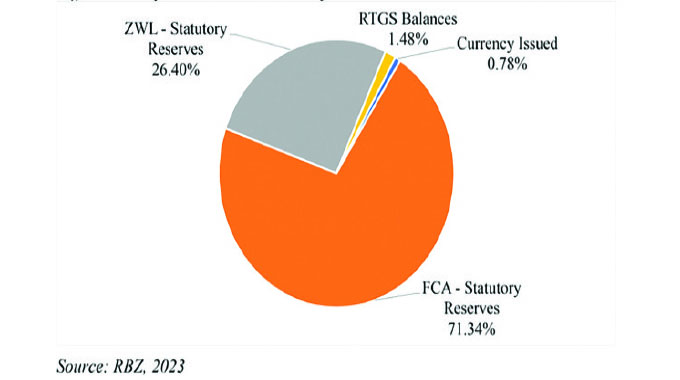‘Promote integrity, stability’
Conrad Mwanawashe Recently in Nyanga
Financial institutions should engage in thorough due diligence exercises to understand their clients and mitigate the adverse effects of criminal economic activity and promote integrity and stability in financial markets.
This will also counter other forms of organised crime. Organised crime is estimated to generate more than $3,7 trillion every year of which less than one percent is detected.
Financial institutions are paying fines of up to $321 billion every year for money laundering related offences.
This came out in a presentation by Thomson Reuters at the ACI Zimbabwe annual general meeting held at Troutbeck Resort last week.
ACI is a leading non-profit, non-political association of wholesale financial market professionals. Previously known as the Financial Traders Association of Zimbabwe (FTAZ) founded in 1987 the association gained affiliation to ACI International in 2014.
The affiliation ensures that Zimbabwean financial markets professionals are at pace with global developments.
According to Antonio Maria Costa, Executive Director of the United Nations Office on Drugs and Crime (UNODC), organised crime has globalised and turned into one of the world’s foremost economic and armed powers.
A UNODC report on The Globalisation of Crime: A Transnational Organised Crime Threat Assessment looks at major trafficking flows of drugs (cocaine and heroin), firearms, counterfeit products, stolen natural resources, and people trafficked for sex or forced labour, as well as smuggled migrants. It also covers maritime piracy and cybercrime.
The report also shows the extent to which illicit flows affect the entire world and highlighting how transnational crime has become a threat to peace and development, even to the sovereignty of nations.
Reuters recommended financial institutions to continuously make sure that transactions are continuously checked and reported to regulators timeously.






Comments